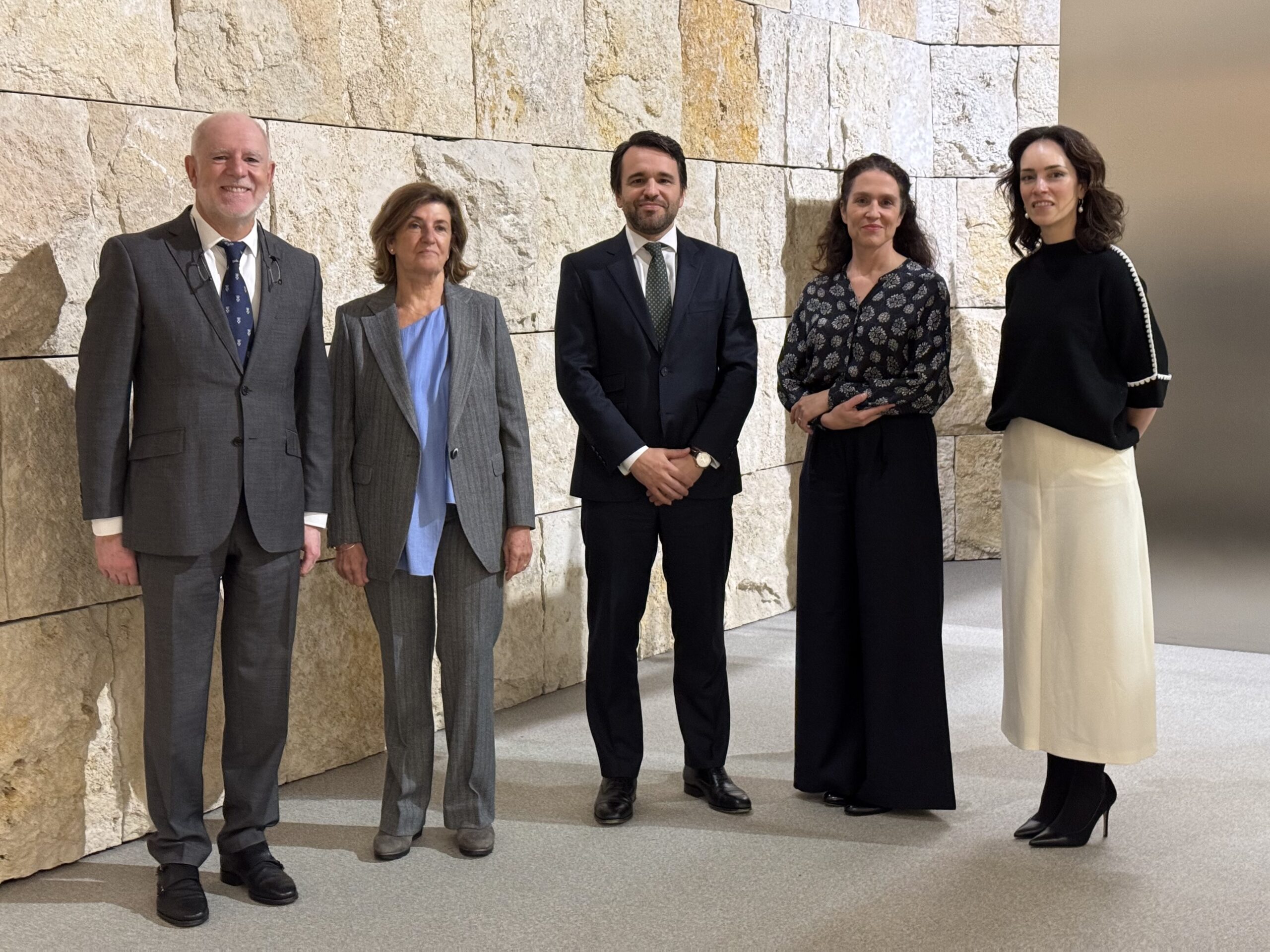- The publication provides a multidisciplinary overview of the main legal issues in the third sector, with a practical approach for its actors and non-profit organisations
- The book facilitates entities’ compliance with regulatory obligations and the efficient running of their activity, and analyses specific issues such as taxation, data protection policy and the prevention of money laundering in the third sector
Yesterday, Pérez-Llorca presented its book “Aproximación Jurídica al Tercer Sector” (or, in English, “A Legal Approach to the Third Sector”) at an event attended by Constanza Vergara Jaakkola, Partner and COO of Pérez-Llorca; Dídac Severino, Partner at Pérez-Llorca; Isabel Jiménez Mancha, CSR Director of Pérez-Llorca; Julio Domingo Souto, General Manager of Fundación MAPFRE; and Pilar García Ceballos-Zúñiga, President of the Asociación Española de Fundaciones (AEF).
The book, written entirely by lawyers from the firm and produced with the support of Fundación MAPFRE, offers a comprehensive legal analysis of the key issues faced by third-sector entities in Spain, comprising a total of 28,000 institutions. This publication makes it easier for these entities to comply with their regulatory obligations and to carry out their activities effectively. The topics covered range from the representation of these entities and their interaction with public administrations, to technical issues such as taxation, data protection, criminal compliance, prevention of money laundering, insurance underwriting and activities with an environmental impact.
Constanza Vergara Jaakkola and Isabel Jiménez opened the event by explaining the reasons behind this initiative. In the introduction, they emphasised the book’s uniqueness, since no existing text offers a comprehensive approach for all third-sector organisations, and how it provides a multidisciplinary overview of the most significant legal aspects of their day-to-day activities. In addition, Jiménez Mancha stressed that this project, carried out pro bono by Pérez-Llorca, “aims to strengthen the capacity of third-sector organisations and maximise the positive impact of their work in society.”
Dídac Severino, who moderated the discussion, began his speech by thanking all of the professionals at the firm who took part in writing the book. According to Severino, this collective effort reflects Pérez-Llorca’s firm commitment to the third sector, by offering a comprehensive resource that responds to its legal needs in a clear and functional manner. He went on to state that “the biggest challenge was to translate complex legal concepts into understandable language, striking a balance between legal rigour and practicality.”
As part of the talk, Julio Domingo Souto, who wrote the foreword, and Pilar García Ceballos-Zúñiga explained the main points of the book and analysed the current situation of the third sector in Spain. During the conversation, they addressed issues such as the essential role these entities play in social cohesion and welfare, and the challenges they face in terms of financial sustainability, transparency and accountability. They also discussed the importance of establishing strategic partnerships with the private sector and the vital contribution that volunteers make to these organisations.
Domingo Souto stressed that, in an increasingly complex environment, transparency and professionalisation of third-sector organisations are crucial to guarantee their continued existence and the trust placed in them by society, noting that “this publication is a valuable source of legal knowledge that equips non-profit actors and organisations with the tools and understanding needed to carry out their work autonomously and effectively.”
Pilar García Ceballos-Zúñiga highlighted the growing need for collaboration between the third sector and the private sector, stating that “the search for synergies is fundamental to addressing global challenges such as poverty or climate change and, at the same time, promoting the development of a more just and resilient society.”
For more information, please contact:
